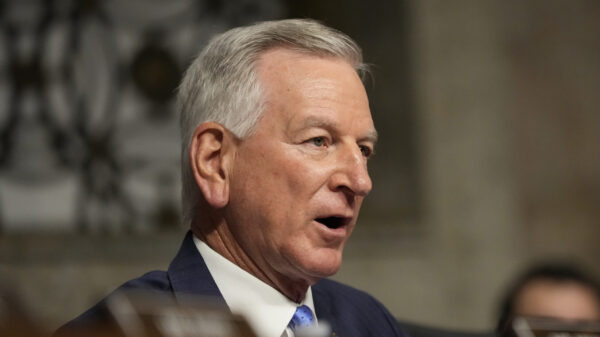Staff Report
WASHINGTON — The U.S. Supreme Court ended its term with a flurry of decisions in cases with strong Alabama connections, and there are signs that trend will continue this fall as Shelby County prepares to send the justices its challenge to the Voting Rights Act in the next few weeks.
The Shelby County case has been a contender for Supreme Court review ever since it was filed two years ago, and the likelihood has increased as other similar voting cases have slowed down and Shelby County’s has speeded up. It’s had two hearings in federal court and two decisions, both of which upheld the constitutionality of key sections of the Voting Rights Act. The Supreme Court is the next and last stop for the county, which is trying to dismantle the 47-year-old law that puts elections in all or part of 16 states under strict federal supervision.
“We are proceeding with our plan to file a petition with the Supreme Court,” said Shelby County’s attorney, Frank “Butch” Ellis of Columbiana.
The mostly white and politically conservative county south of Birmingham is the namesake for the case, but it has historic and national implications for how cities, counties and states run their elections and how minority voters are protected against discrimination.
Shelby County has argued that the 25-year renewal of the Voting Rights Act, approved overwhelmingly by Congress in 2006, wrongly punishes states such as Alabama that have outgrown a vicious history of discouraging and denying the votes of black citizens. The county has targeted two key parts: Section 5, which requires local governments in certain parts of the country to get permission before making any changes in their election systems, such as redrawing voting districts or moving polling places; and Section 4b, the formula that Congress used in 1965 to determine which parts of the country would be subject to Section 5.
On the other side of the case is the U.S. Justice Department, joined by civil rights organizations, which say the law remains a vital tool in protecting minority voters from discrimination. Two federal courts have agreed and deferred to Congress’ judgment that the law needed another 25 years to finish rooting out racism at the ballot box and preventing its recurrence.
The justices already have indicated they want to tackle the issue. In 2009, they decided a Texas voting rights case without reaching the question of Section 5’s constitutionality, but the opinion included concerns that the law may be outdated.





















































